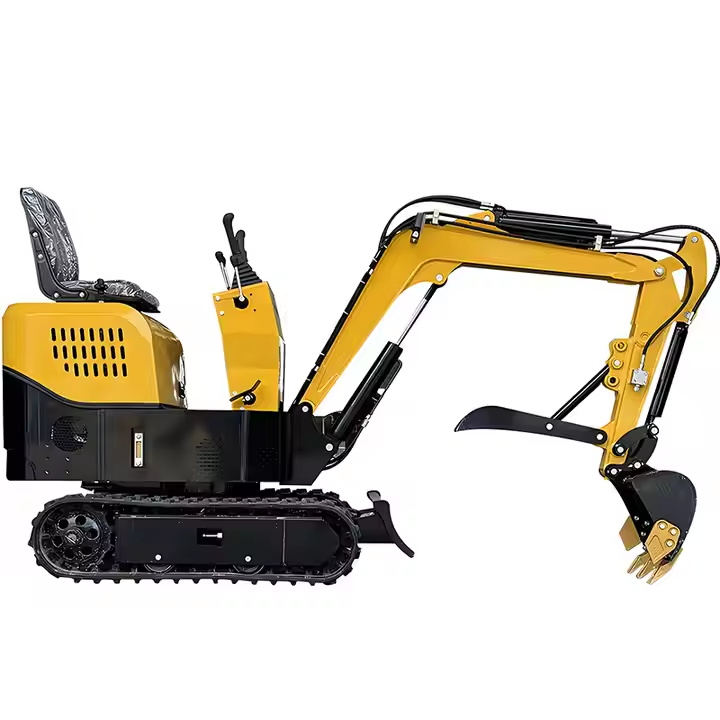Choosing the right equipment for your job site can mean the difference between efficiency and frustration. When it comes to digging, trenching, and earthmoving tasks, excavators are a go-to machine. But one major question often arises: Should you use a mini excavator or a full-size excavator?

Each has its own strengths and best-use scenarios. In this post, we’ll break down the differences to help you decide which is right for your project.
What Is a Mini Excavator?
A mini excavator, often called a compact excavator, typically weighs between 1 and 10 tons. Despite their smaller size, these machines pack impressive power and versatility. Mini excavators are ideal for tight spaces, residential projects, and jobs that require finesse over brute strength.
Key Benefits:
- Compact Size: Easier to transport and maneuver, especially in urban or residential areas.
- Lower Operating Costs: Use less fuel, require less maintenance, and can be operated with smaller crews.
- Versatility: Compatible with many attachments like augers, trenchers, and thumbs.
- Reduced Ground Damage: Lighter weight means less impact on landscaping or paved surfaces.
What Is a Full-Size Excavator?
Full-size excavators generally weigh more than 10 tons, and are the heavy hitters on construction and demolition sites. They’re designed for larger, more demanding projects that require power, reach, and capacity.
Key Benefits:
- High Power Output: Better suited for moving large volumes of earth or breaking through tough terrain.
- Larger Buckets & Reach: Cover more ground in less time, especially useful for deep trenches or large dig sites.
- Increased Stability: Can handle heavy attachments and rough conditions with ease.
How to Choose the Right Excavator
Here are some key factors to consider:
1. Project Size and Scope
- Mini Excavator: Great for smaller-scale projects such as landscaping, light utility work, or backyard pool installation.
- Full-Size Excavator: Better for commercial construction, road building, or large-scale excavation.
2. Site Accessibility
- Mini Excavator: Fits into tight spaces like narrow gates, alleys, or urban yards.
- Full-Size Excavator: Requires ample working room and stronger surfaces to support its weight.
3. Budget Constraints
- Mini Excavator: More affordable to rent or own, with lower fuel and transport costs.
- Full-Size Excavator: More expensive but can complete certain jobs faster, potentially reducing total labor hours.
4. Attachment Needs
- Both types support a variety of attachments, but full-size machines can handle heavier, more powerful tools.
Final Verdict
If your project is small to mid-scale, especially in a tight or sensitive area, a mini excavator is likely your best bet. They’re versatile, budget-friendly, and easy to operate. On the other hand, if you’re tackling large, open-area projects with heavy-duty needs, a full-size excavator will provide the muscle and reach to get the job done efficiently.
Still unsure? Consult with a rental or equipment professional who can assess your specific job requirements.





